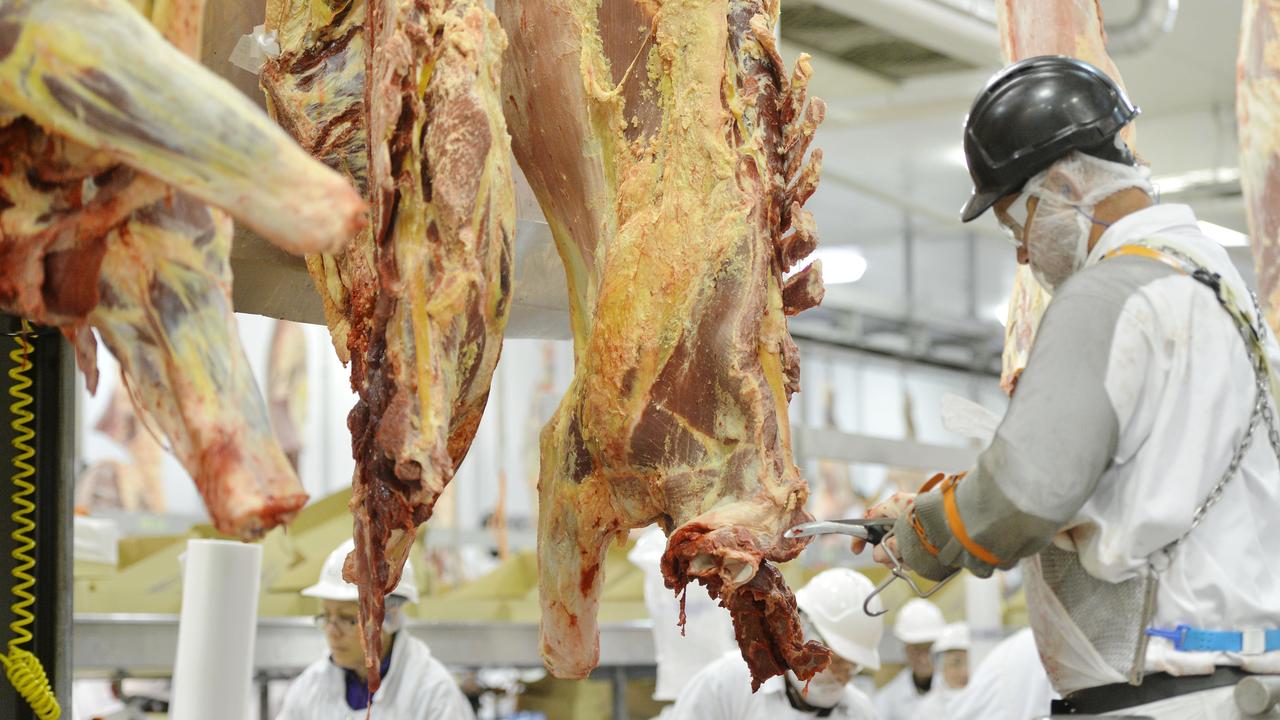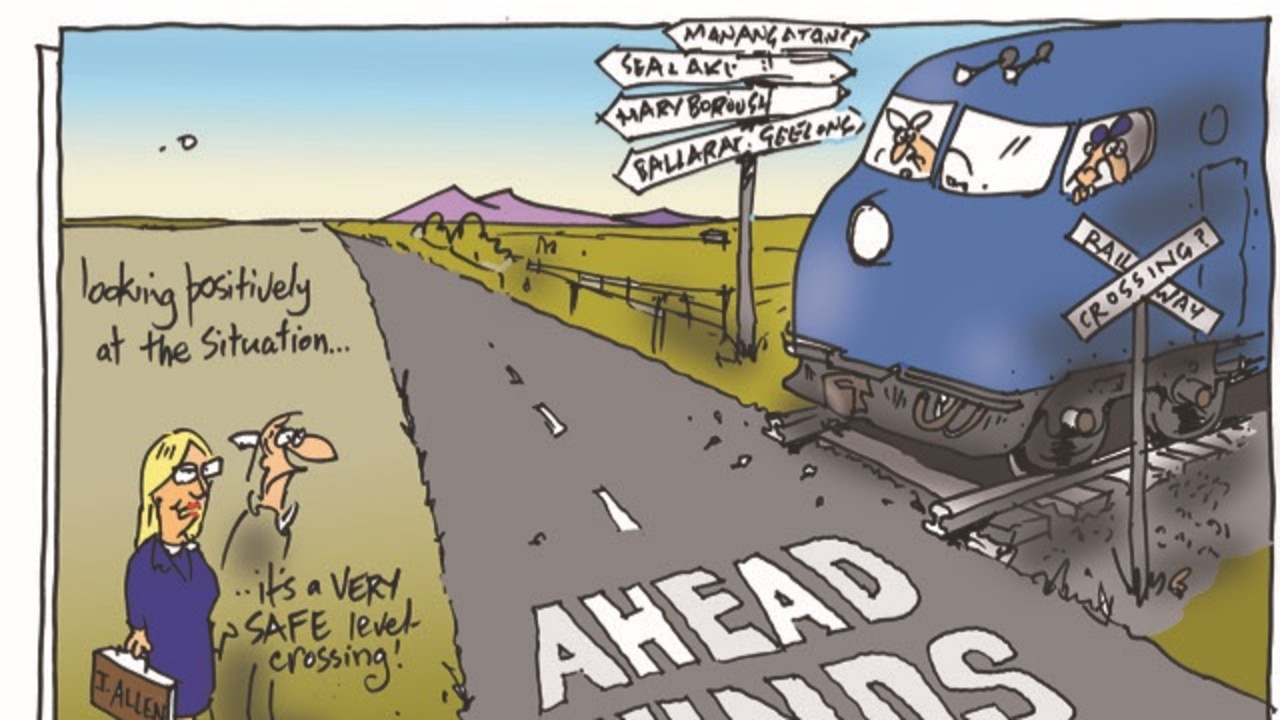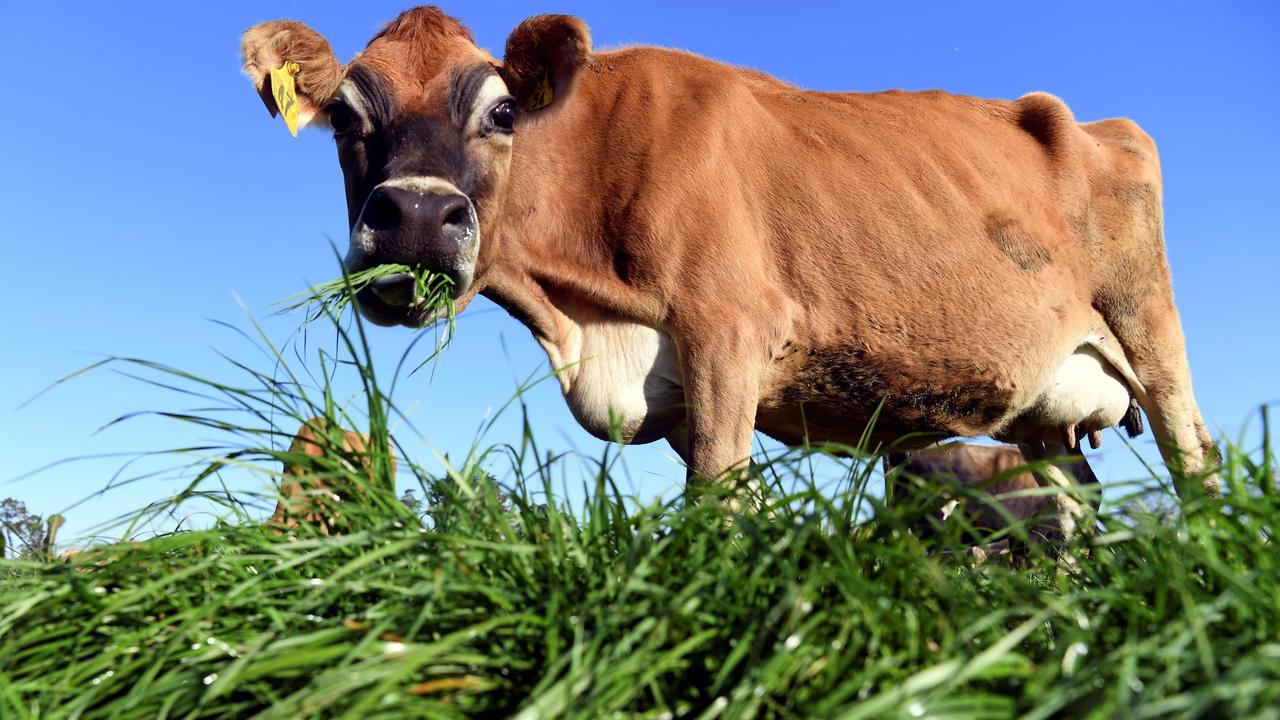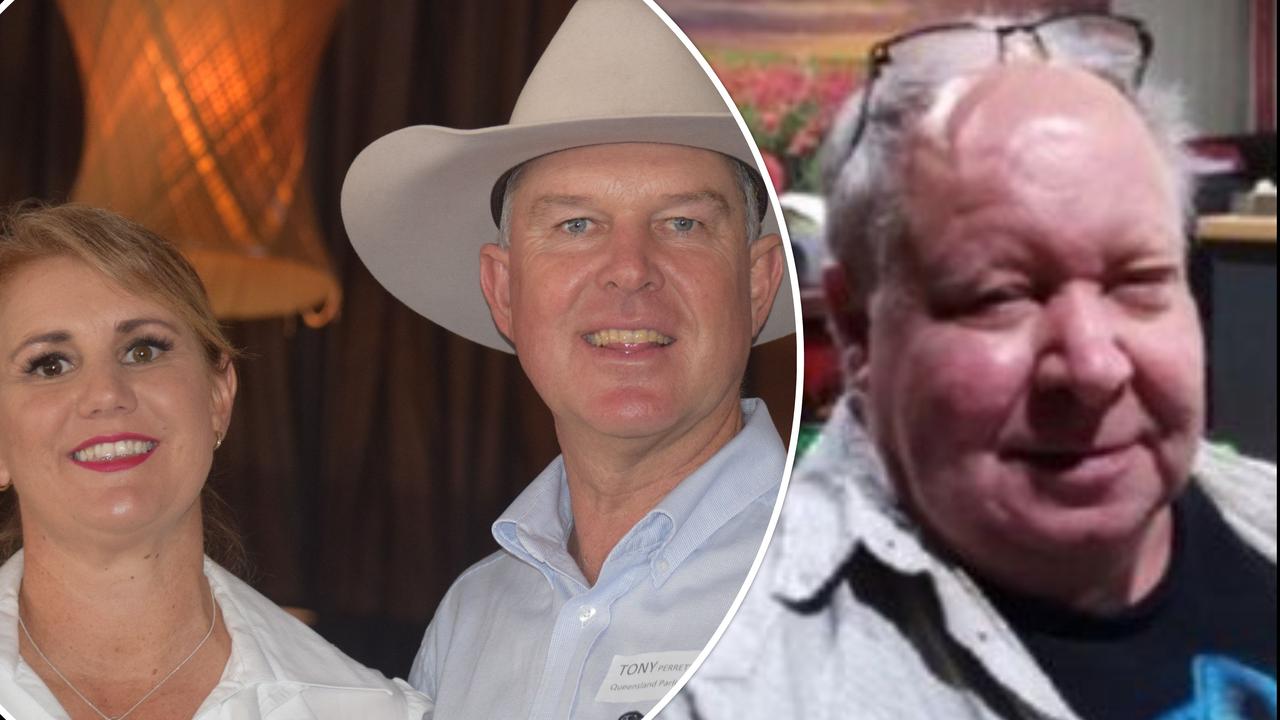Farmers, food processors call for priority coronavirus testing
Farmers and food processors are calling for priority access to testing if there is an outbreak on their farm or factory to help maintain food security.

FARMERS and food processors are demanding they be given priority testing for coronavirus in the event of an outbreak on their farm or factory.
The call comes amid ongoing uncertainty on what plans state and federal governments have in place to ensure abattoirs, dairy, vegetable or other agricultural work sites are not forced into lengthy lockdowns in the event of workers testing positive to coronavirus.
As tourism and retail businesses collapse under the weight of restrictions, regional Australia has become even more reliant on agriculture and food processing, reinforcing the need to keep the supply chain flowing.
Bairnsdale accountant Ken White told The Weekly Times tourism towns such as Lakes Entrance were battling, but in his home town rural supply companies and food processors Patties Foods and Vegco were playing a pivotal role in keeping the economy going.
Victorian Nationals leader Peter Walsh said disruptions and lockdowns, while workers were being tested for coronavirus, would be “horrendous” for most food supply chains, which needed to be reoperating as quickly as possible.
Midfield Group general manager Dean McKenna asked “if one (of our) factories reports a case of COVID-19, are we allowed to operate tomorrow?”
“It’s no good having livestock on hand. If our factory went down and another couple of others went down, where do those livestock go and it would be very expensive to put them in a paddock to keep feeding them.”
Grain Producers Australia chair Andrew Weidemann said the grain industry was well-placed to withstand the crisis, but had raised with the Government the need for contingency plans in case of an outbreak along the supply chain.
“We’re not immune — that could be something that could cause us major disruption should we get an outbreak on the ports,” Mr Weidemann said.
This week two workers at a Coles supermarket were diagnosed with coronavirus.
But Victoria’s chief health officer Brett Sutton advised the stores could remain open, stating that for the virus to spread people would need to be in close face-to-face contact for at least 15 minutes or for more than two hours in an enclosed room. What that means for processing workers standing shoulder-to-shoulder on a food processing line for lengthy shifts is unknown.
However, Federal Agriculture Minister David Littleproud told Sky News this week that governments were working with industry to develop safety procedures in response to a coronavirus outbreak on a food processing line.
“A lot of these processing plants, where social isolation means that those that have been impacted and those few that are around them will be isolated out, but we will be able to move another team in,” Mr Littleproud said.
But ultimately the Federal Government must rely on the states to implement, communicate and police any contingency plans and safety procedures.
The Australian Meat Industry Council and dairy processors have already called for their workers to be given priority testing if a coronavirus case breaks out in their plants.
The Victorian Department of Health and Human Services has directed doctors to mark coronavirus tests of health care workers to ensure their swabs can be easily identified for priority testing.
Victorian Opposition Agriculture spokesman Peter Walsh said similar priority should be given to testing of food supply chain workers.
Mr Walsh called on Victorian Premier Daniel Andrews to clearly state farmers and their supply chain partners were exempt from further coronavirus restrictions.
“It’s important, in the absence of the Agriculture Minister, that he (Mr Andrews) states the food supply chain will be exempt as an essential service and not included in any future orders made by the chief health officer in relation to coronavirus (restrictions) on businesses.”
Victorian Agriculture Minister Jaclyn Symes would not comment on the issue. Inconsistent messaging between the federal government, states and even among departments has reinforced the risk of not clearly defining who is exempt from coronavirus restrictions.
Last week the Department Environment, Land, Water and Planning directed all camp grounds and caravan parks must be closed to visitors, with only those who had them “registered as their primary place of residence” or those “who had no fixed address” to remain.
MORE CORONAVIRUS COVERAGE
YOUR GUIDE TO REGIONAL VICTORIAN CASES
EDITORIAL: AG NEEDS CERTAINTY FROM POLITICIANS
Caravan park owners immediately forced out a raft of people, only to discover DELWP had failed to include the chief health officer’s order that allowed anyone to stay “who has travelled to Victoria for work purposes; or a person who was a temporary guest of the accommodation facility on the date that these directions were given”.
Cobram Oasis Caravan Park owner and Moira Mayor Libro Mustica said he was forced to expel eight Queensland workers, who had been installing hail netting on fruit orchards.
“I was very disappointed, but by the time (DELWP) they’d corrected it, it was too late, they had gone,” Mr Mustica said.
The DELWP now has the correct order details listed on its website.
The Weekly Times asked Victorian Agriculture Minister Jaclyn Symes what actions would be taken if a coronavirus case was picked up in a food processing plant or work site:
WOULD testing of workers at the processing plant be prioritised?
WOULD the site be subject to any lockdown and for how long?
WOULD the site be given priority access to health department services and advice on clean, to ensure work can recommence as soon as possible?
WHAT financial support is available to support food processors that are struggling with supply chain disruptions?
Ms Symes said the Department of Health and Human Services responded to all cases of coronavirus as they were notified.
“Under standard procedures, all close contacts are identified and assessed and appropriate action taken, including direction to self-isolate where required,” Ms Symes said.
“Business Victoria is also providing advice and support to businesses on how to prepare for the potential impacts of coronavirus. This includes the development of continuity and recovery plans and we encourage businesses to get in touch.”
PrimeSafe Victoria and Dairy Food Safety Victoria have published guidelines that state anyone who had close contact with a colleague that tests positive to coronavirus must self-isolate for 14 days.
Close contact is defined as:
ANYONE who has been within 1.5 metres of the infected employee for a cumulative period of at least 2 hours, at any time in the 24 hours prior to that employee first experiencing symptoms; and
ANY employee who has had face-to-face contact for a period of 15 minutes or more with the person who tested positive to COVID-19, which could occur in a lunchroom, small kitchen space, or other environment.
If the plant can demonstrate good manufacturing practice and hygiene, the food safety authorities may allow them be bring in replacement staff, after cleaning the site.
However many questions remain unanswered on priority testing and what procedures are in place to shield the thousands of other agricultural workers — from packing sheds and cool store operators, to fuel and farm machinery suppliers, plus the myriad of transport and port operators who keep rural supply chains running.



